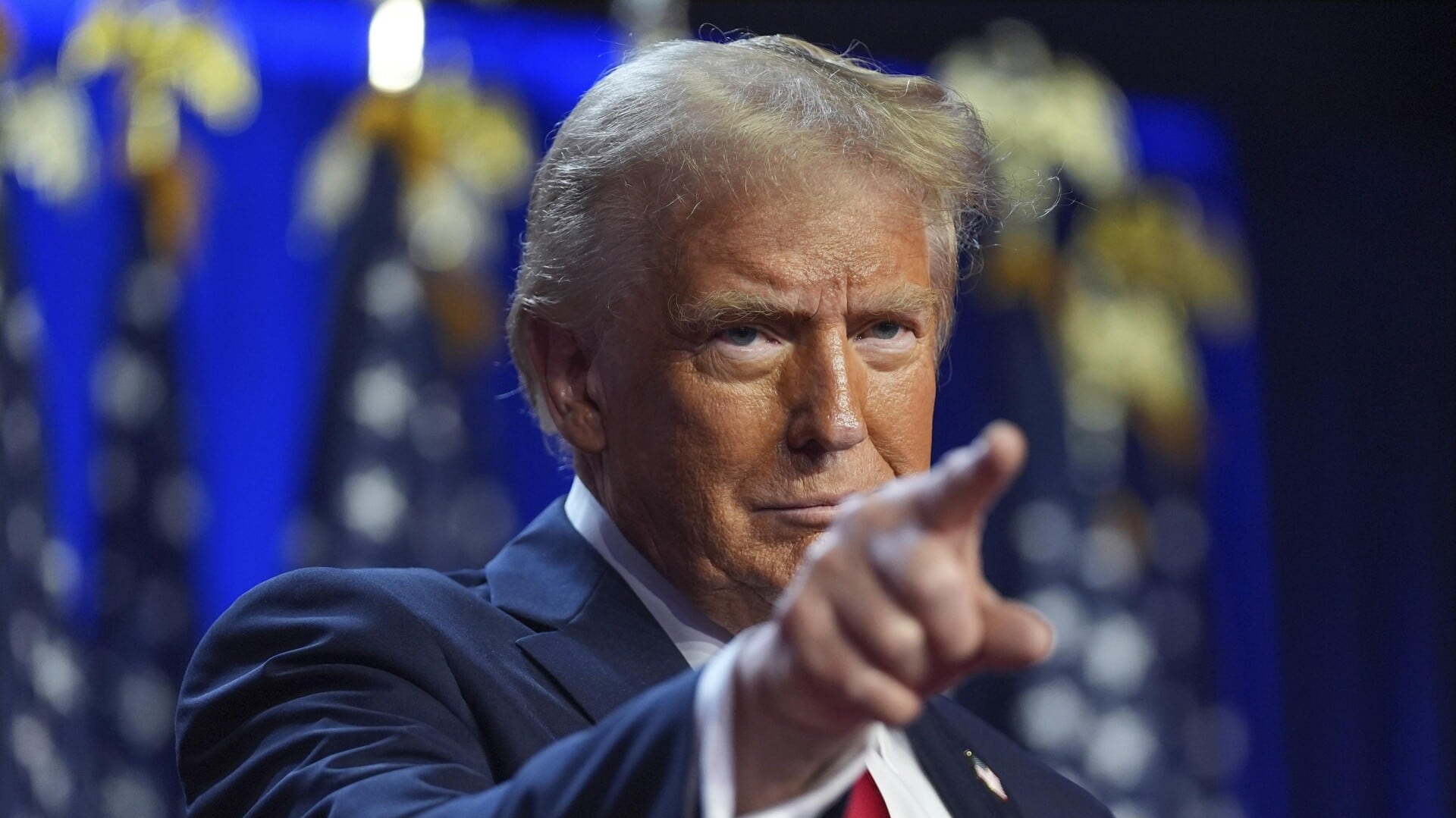
Trump announces plan to impose auto tariffs by April 2
What's the story
US President Donald Trump has announced his plans to impose tariffs on imported automobiles around April 2.
The President did not clarify if these tariffs would be applicable universally to all auto imports.
Presently, about half of the cars sold in the US are domestically produced, while the remaining are imported from countries like Japan, South Korea, Germany, and Canada.
Industry response
Auto industry reacts to proposed tariffs
The proposed tariffs have also been criticized by industry leaders.
Ford CEO Jim Farley opposed a proposed 25% tariff on imports from Mexico and Canada, saying it would disadvantage US companies.
These companies heavily depend on integrated North American supply chains under the United States-Mexico-Canada Agreement (USMCA).
Tariff
Industry urges reconsideration
On February 3, after Canada and Mexico changed their policies, the White House suspended these tariffs for 30 days.
The American Automotive Policy Council (AAPC), which represents Detroit carmakers General Motors, Ford, and Stellantis, has since urged Trump to scrap his proposed tariffs on Mexico and Canada.
AAPC President Matt Blunt insisted that vehicles meeting USMCA standards shouldn't be slapped with additional tariffs.
Reciprocal measures
Trump signs measure for reciprocal tariffs
Along with auto tariffs, Trump has also signed a measure directing US Trade Representative and Commerce Secretary to propose reciprocal tariffs country-wise.
These are aimed at counterbalancing foreign levies on US goods and non-tariff barriers such as subsidies and regulations.
Howard Lutnick, Trump's nominee for Commerce Secretary, said studies related to these proposals should be completed by April 1.
Trade impact
Reciprocal tariffs aim for fairness
Trump has said reciprocal tariffs would ensure fairness by matching what other countries charge the US.
He is mulling additional import taxes on cars, semiconductors, and pharmaceuticals beyond these reciprocal measures.
The President's decision to not impose immediate tariffs could be a negotiation tactic with other nations.
However, this could have a major effect on less-developed economies with higher average duties on US products and brings uncertainty into global trade relations.
Strategy
Trump's tariff strategy and potential global impact
Trump's tariff strategy also involves talking to other nations about trade imbalances. He has shown willingness to lower US tariffs if other countries reduce their levies or remove trade barriers. However, he doesn't expect to issue exemptions or waivers for these new measures.